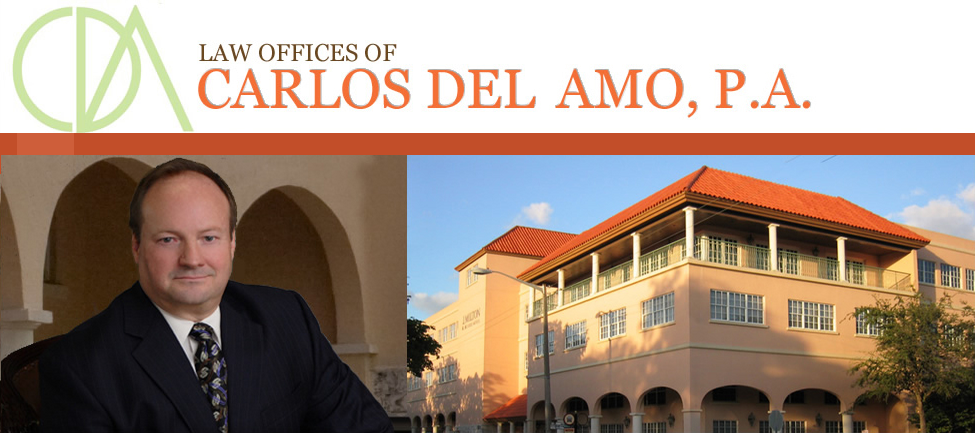The National Association of Home Builders/Wells Fargo monthly
housing market index rose three points in August to 59, the strongest reading
since November 2005. An index reading above 50 indicates positive sentiment
about the housing market.
The combined construction of new single-family homes and
apartments in July rose 5.9% to a seasonally adjusted annual rate of 896,000
units. Single-family starts decreased 2.2%. Volatile multifamily starts rose
26%. Compared to the previous year, housing starts were up 20.9% in July.
Applications for new building permits, seen as an indicator of future activity,
rose 2.7% to an annual rate of 943,000 units.
Total business sales increased 0.2% to $1.285 trillion in
June, up 4.9% from a year ago. Total business inventories were unchanged in
June at $1.655 trillion, up 3.5% from a year ago. The total business
inventories/sales ratio in June was 1.29.
Consumer prices rose 0.2% in July, following a 0.5% increase
in June. Compared to July 2012, consumer prices have risen 2%. Consumer prices
at the core rate — excluding volatile food and energy prices — were up 0.2% in
July.
Initial claims for unemployment benefits for the week ending
August 10 fell by 15,000 to 320,000, the lowest level since November 2007.
Continuing claims for the week ending August 3 fell by 54,000 to 2.969 million.
The less volatile four-week average of claims for unemployment benefits was
332,000.
Information provided by Tyler Bahnsen, Prospect Mortgage.
